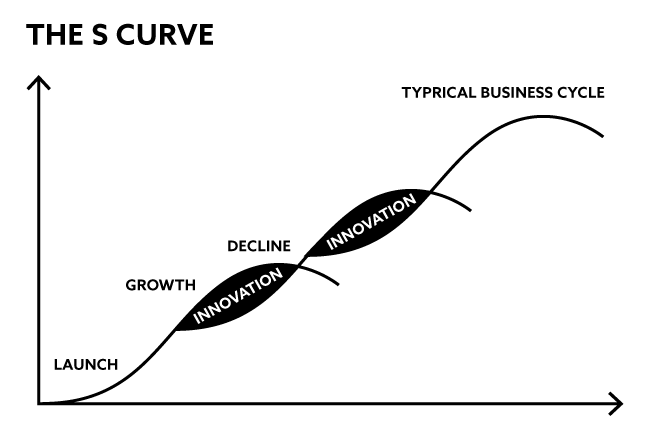Everything grows and changes in life. It is as accurate for companies as it is for individuals. Upon looking at the changing landscape of content development and presentation skills, a leader in our industry, Nancy Duarte, commented, “Presentations are about change. Businesses, and indeed all professions, have to change and adapt in order to stay alive. Organizations go through a life cycle of starting up, growing, maturing, and eventually declining—that is, unless they reinvent themselves. A business is usually founded because someone came up with a clear vision of the world in the future as an improved place.” The concept that a company goes through a life cycle requires that its people are willing to go on that journey too. That kind of change requires everyone’s involvement.
Change isn’t easy; if it were, it wouldn’t be a noteworthy even deserving of celebration. Everyone has a story of “change” that was meaningful to such a deep level that it is often described with the phrase, “That changed my life!” Some change happens from the outside in, but often the most meaningful change happens from the inside out. The fruit of that kind of change is called transformation. A typical company operates on this type of S-Curve.

As an organization, Unbridled, like many other companies, has cycled through different seasons of change. Each of these eras has been crucial to the company’s survival, solvency, and sustainability; essentially, change is necessary to maintain the health of an organization. In business dynamics and in life, the most common symbol of transformational processes is the S-curve. Each curve represents a new venture, tracing the path from its start through its growth and maturation. Once a change or innovation reaches maturity, the business enters a steady operation state for a season. Steadiness may feel like a relief because it gives a reprieve from the discomfort of the “growing pains.” Steadiness is important because it provides space for rest and recovery, but if this stage is occupied too long, stagnation sets in.





